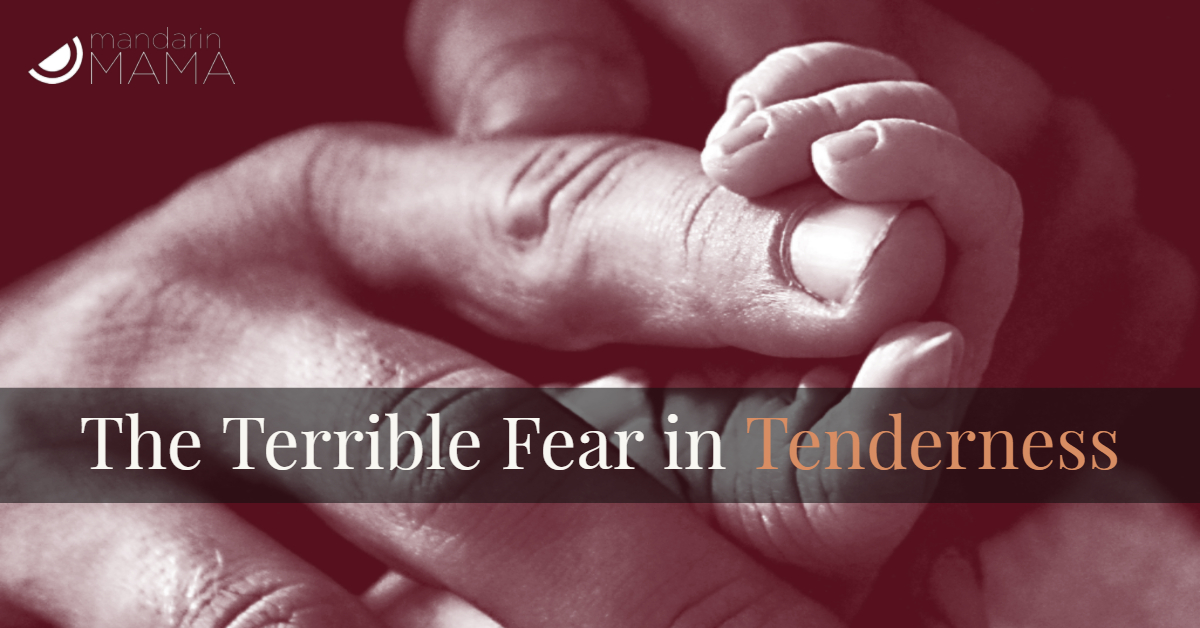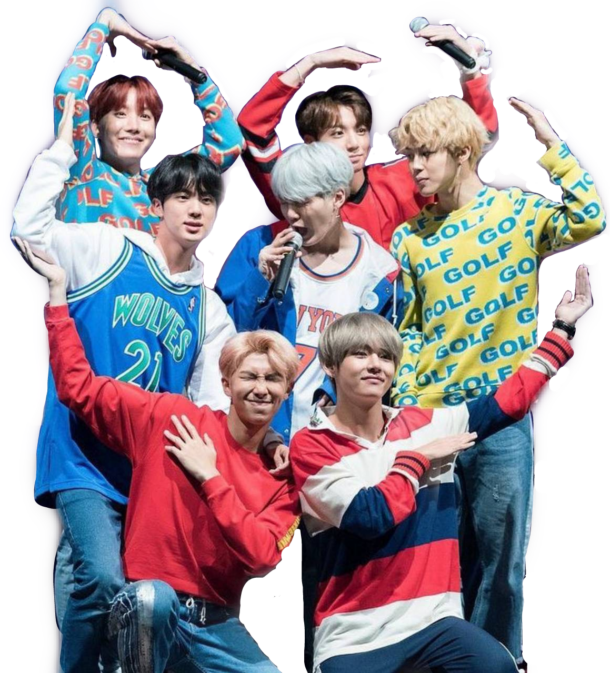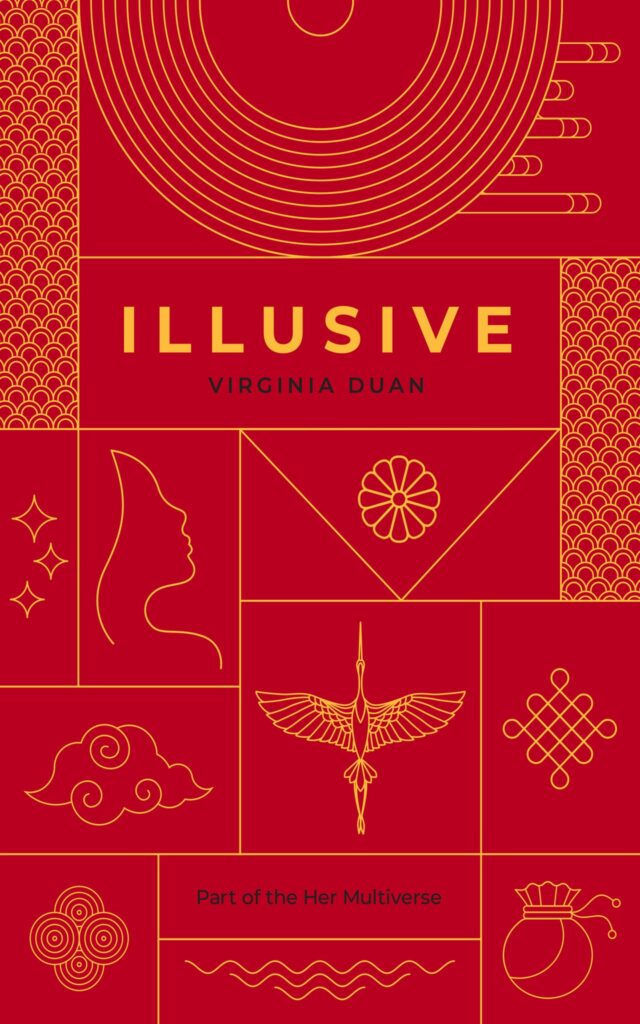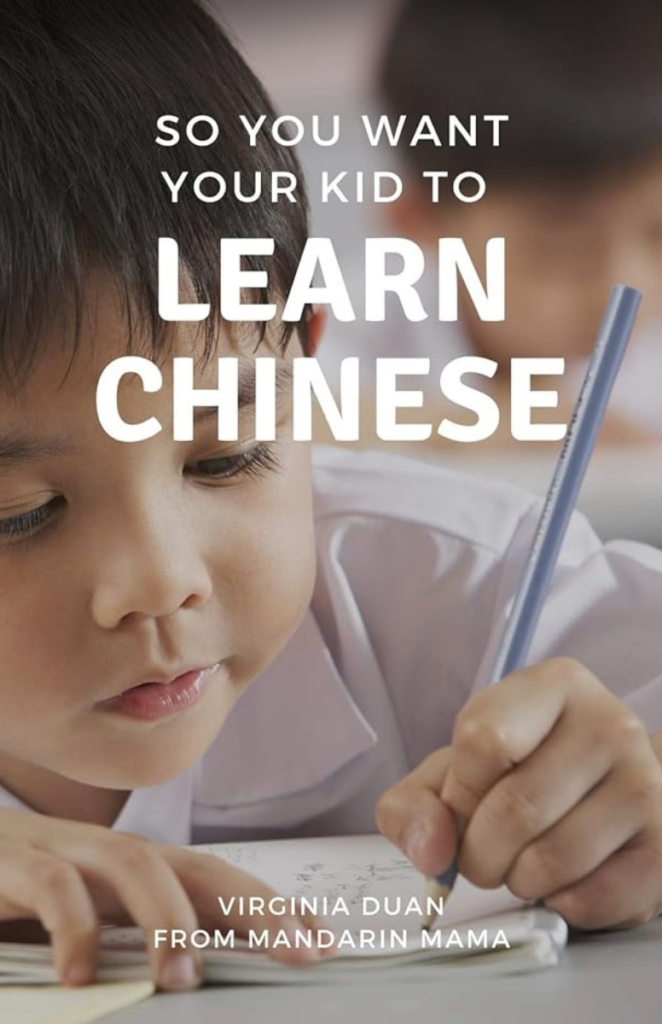As many of you can surmise even from my blog title, I’m big on Mandarin learning for my children. Even though they are multi-racial, it is super important to me for my kids to be verbally fluent in Mandarin, as well as be literate.
Mostly because I’m Taiwanese and speak fluent Mandarin despite being born and raised in America and I want to pass my family’s language down to my children. Plus, there is an entire side of my family that is still in Taiwan and I would like my children to be able to communicate with them. Lastly, even though it’s racist to assume that people who look Asian should be able to speak their particular language, I think it’s important that my kids, who look Asian-esque, should be able to speak at least one of their heritage languages fluently (and I’m not talking about English).
I am relatively confident that my kids will grow up to be fluent in Mandarin in part because I, personally, am fluent and I was born and raised in California, so I know that it can be done. And even though my literacy skills are subpar, I’m much better than I used to be and stumble along just fine with my Perapera Chrome app as well as my Pleco Chinese Dictionary app on my iPhone.
And if I, a Taiwanese kid raised in the Bay Area in the 80s, before it was au courant to be learning Mandarin, could be fluent just on a diet of weekly Saturday morning Chinese School classes for my entire K-12 education, then my kids, who are in two Mandarin preschools, will likely be homeschooled in Chinese, and surrounded by Mandarin learning resources, will be just fine. Plus, I have the will and the money and the time to force my kids back every summer into Chinese summer camps in Taiwan.
Here’s the thing. My dirty secret.
Part of me is starting to get annoyed by all the white people jumping on the Mandarin Immersion bandwagon.
Yeah, I said it.
It’s that same feeling I get when I see white acupuncturists, or white yoga instructors, or white Chinese medicine doctors, or white martial arts sifus, or white rappers, or white whatever.
I feel supremely conflicted.
On the one hand, I’m grateful for the increased interest in Mandarin immersion because hey, the more people who are interested in teaching their kids Mandarin, the more resources and materials that are available to me! And I am, if nothing else, incredibly opportunistic.
On the other hand, I get annoyed because I feel that here is yet another part of my people and heritage that white people are co-opting for their own. Here’s another thing that white people are stealing from others. Here’s one more thing that is no longer mine.
And seriously. How likely are all these non-heritage kids going to retain their Mandarin anyway? It’s hard enough for kids of heritage and mixed-heritage to keep up their Chinese, a huge part of me is pretty skeptical that these non-heritage kids are going to succeed – at least not without a TON of effort both initially and sustained. (And yet, part of me truly hopes this is possible because hey, if these non-Chinese kids can do it, my kids certainly can!)
Look. I know this sounds incredibly petty. Likely, because it is petty. (Rather like my rant about Mark Zuckerberg learning to speak Chinese.) But I can’t help the way I feel.
There is a lot of historical baggage regarding white privilege and cultural appropriation – especially with Chinese folks. (Also, side note: if these topics are foreign to you, please do not pester me with your questions. Not because I don’t want you to learn about these topics. Believe me. I do. But I’m not your teacher and Google exists for a reason. Use it.) As a result, it is hard for me to sort out all my feelings about this stuff.
It’s complicated.
I won’t lie. My sometimes ambivalent to slightly negative reaction to other people learning Mandarin is not entirely righteous indignation.
Part of it is that there is something nice to feeling as if you’re in an exclusive club. (You know, one in which at least a billion people in the world are a part of, but let’s not let facts get in the way of my silliness.) I’m sure it’s residual Chinese pride or something to that effect. (Hey, we’re called the Middle Country for a reason – because we think we’re the center of the world.)
The other part is just, for lack of a better word, sin. (More specifically, racism.)
I know this is a nasty part of me that wants to think myself superior to everyone else because I and my kids can speak Chinese. (Again, a skill that isn’t even unique.) And dammit if I don’t want to keep that superiority all to myself. I think of the disciples who complained to Jesus when they witnessed other people casting out demons in Jesus’s name and wanting Jesus to put a stop to that crap already. And Jesus smacks the disciples down and tells them to stop being such jackasses. (Ok, that’s perhaps not a direct quote.)
In the end, I know I cannot change the way I feel. You know, that gut reaction. But according to my therapist, that gut reaction is not who I am as a person. (When Dr. T told me that, I had a Good Will Hunting moment. I swear. TRANSFORMATIVE. I’ll post about it some other time.) How I choose to respond is.
So, even though I am somewhat fearful and skeptical and truthfully, a lot suspicious, I choose to be optimistic and open and gracious. I choose to welcome all people into the wonderful world of Mandarin immersion and pass along any advice, tips, and commiseration that I can. Because in the end, what I truly desire is to be a person who is good to all people – regardless of my own personal baggage. I want to be a person that my children can be proud of, and if that helps my kids become fluent in Mandarin, all the better.
Thanks for reading, friends. Even all my ugly parts.





